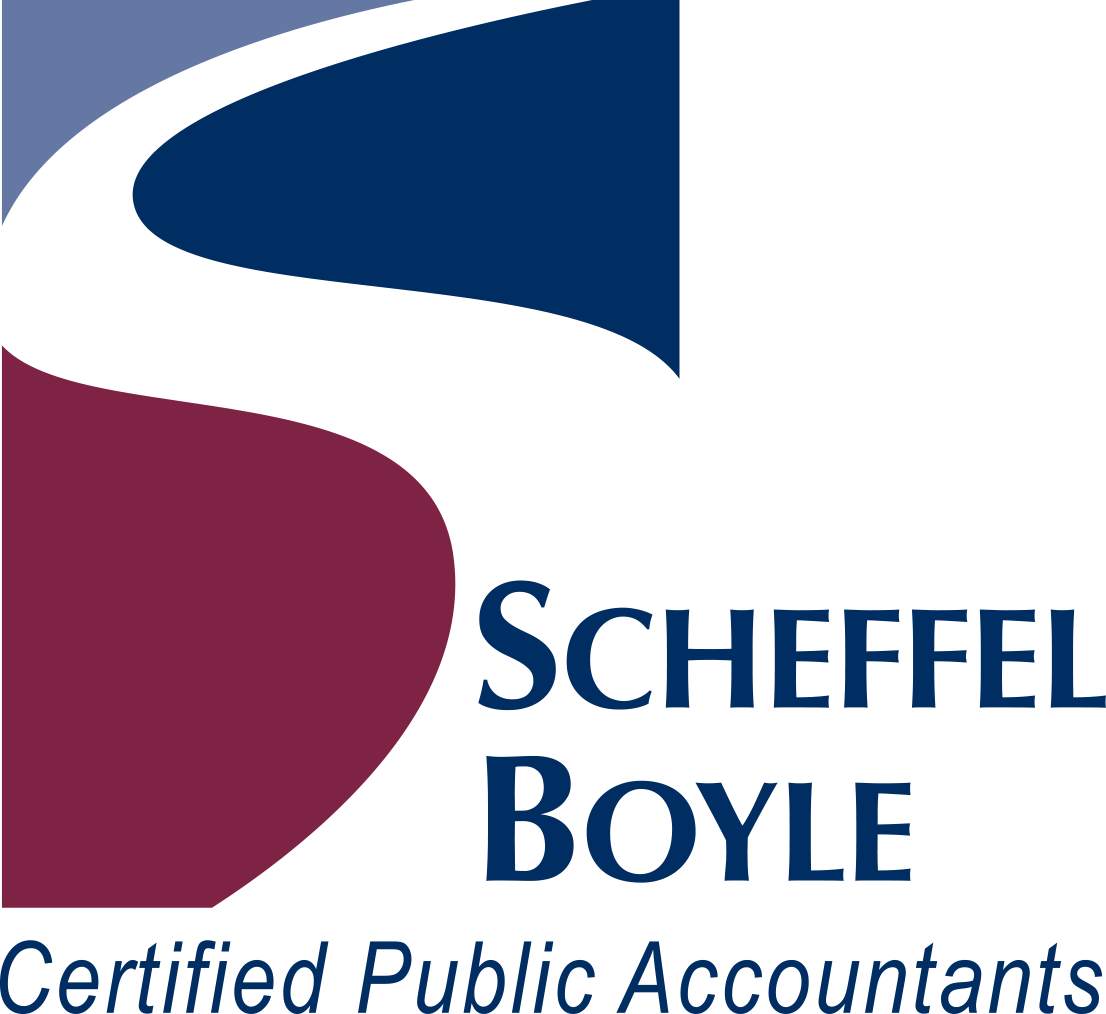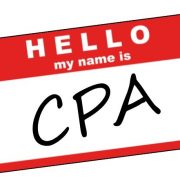Smart timing of deductible expenses can reduce your tax liability, and poor timing can increase it unnecessarily. One deductible expense you may be able to control to your advantage is your property tax payment.
You can prepay (by December 31) property taxes that relate to 2018 (the taxes must be assessed in 2018) but that are due in 2019, and deduct the payment on your return for this year. But you generally can’t prepay property taxes that relate to 2019 (they must be assessed in 2019) and deduct the payment on this year’s return. Also beware of the dollar-amount limitation discussed below.
It’s important that we mention that Illinois is one of the few states that this would be allowed. Depending on how your state collects property taxes, this may not apply to you. Please contact us for specific questions.
A Big Decision
Accelerating deductible expenses such as property tax payments is typically beneficial. Prepaying your property tax may be especially advantageous if your tax rate under the Tax Cuts and Jobs Act (TCJA) is expected to decrease in the next year. Deductions save more tax when tax rates are higher.
But not every tax rate has dropped for the 2018 tax year under the TCJA — the very lowest rate, 10%, has been retained, as well as the 35% rate (though the income brackets for these rates have changed). So, some taxpayers may not save any more by prepaying. Also, taxpayers who expect to substantially increase their income next year, pushing them into a higher tax bracket, may benefit by not prepaying their property tax bill.
Another important point is that, under the TCJA, for tax years 2018 through 2025 the itemized deduction for all state and local taxes is limited to $10,000 ($5,000 for married filing separately).
More Considerations
Property tax isn’t deductible for purposes of the alternative minimum tax (AMT). So, if you’re subject to the AMT this year, a prepayment may hurt you because you’ll lose the benefit of the deduction. Before prepaying your property tax, make sure you aren’t at AMT risk for 2018.
Also, don’t forget that, for 2018 to 2025, the TCJA suspends personal itemized exemptions but roughly doubles the standard deduction amounts (for 2018) to $12,000 for singles and separate filers, $18,000 for heads of households, and $24,000 for joint filers. This may affect your decision on whether to prepay.
Specific Strategies
Not sure whether you should prepay your property tax bill or what other deductions you might be able to accelerate into 2018 (or should consider deferring to 2019)? Contact us. We can help you determine your optimal year-end tax planning strategies.




